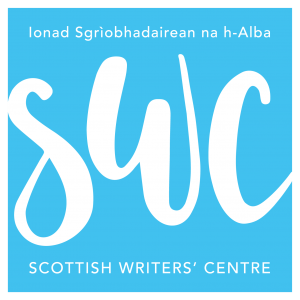
To wander along to the University of Glasgow’s chapel on a Monday afternoon is to be greeted with more than the usual stained glass and soaring nave: you will instead find a crowd of students, lecturers and general visitors, all gathered together to listen to a literary conversation about craft, inspiration and whatever else takes their fancy.
Funded by the Ferguson Bequest, the aim of Creative Conversations is to provide an informal, intimate and interactive conversation between a member of the university’s creative writing staff and one invited guest. Recently these featured writers have included the likes of Kirsty Logan, Liz Lochhead and Amy Liptrott. Guests are often the literary equivalent of polymaths, boasting long, illustrious careers as novelists, poets, playwrights, editors, screenwriters – and often two or three of those at once. Short readings from the writers’ work are encouraged – in December we heard both poetry and prose from Carolyn Jess-Cooke – and conversations can take intriguing, unexpected turns. Everything from how motherhood can influence creative work to theories about why writing every day is a hindrance on the imaginative process have been broached in the last few sessions, with digressions into the nature of writing for TV and doing justice to historical characters acting as a smooth and almost imperceptible transition into the more fascinating aspects of being a writer.
And it is this unknown quality that holds the audience’s attention more than anything else. Even more than the readings – although they too are regularly met with widespread and eager applause. What exactly is it like to earn a living as a writer in 2016? How does each writer approach their own work, and how does inspiration communicate itself to a mass audience? How do the ordinary, mundane aspects of daily life interact with the exalted writers’ craft? Each writer has a different answer, and each writer provokes a different series of thoughts that transform the conversation in their own unique way.
Questions from the audience are readily welcome, and often provide a fresh perspective on the works and progression of well-known writers. The events are free, of course, and attendees can pick up the featured authors’ work for a discounted price. It’s an excellent way to spend an hour of your day – discovering new writers and learning more about the literary world and the Scottish creative community.
Creative Conversations takes place every Monday at 1pm in the University of Glasgow chapel. The upcoming events programme can be found here: http://www.gla.ac.uk/events/creativeconversations/
Words by Rachel Walker



